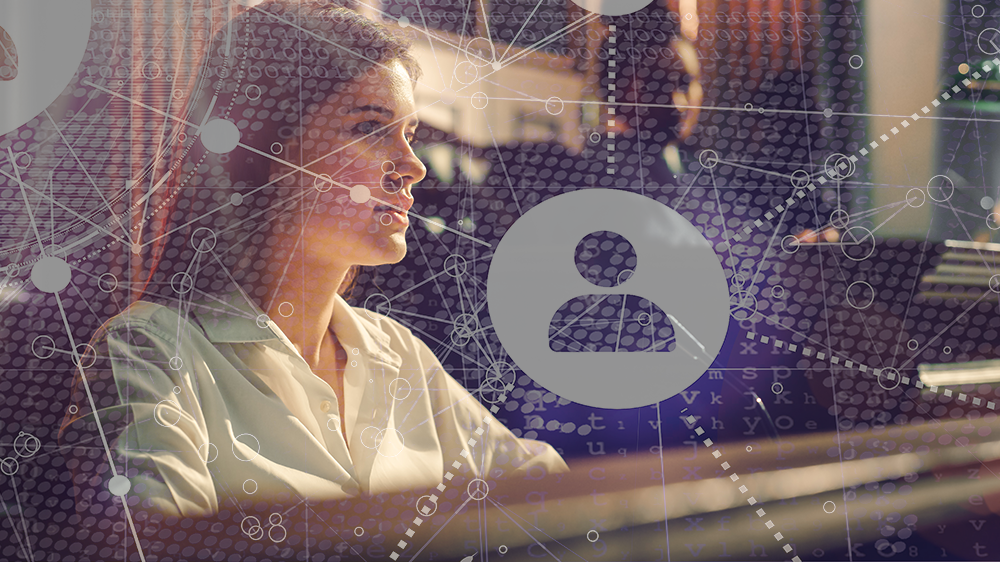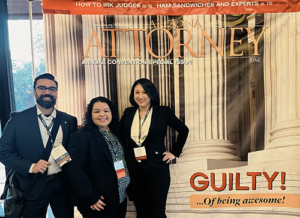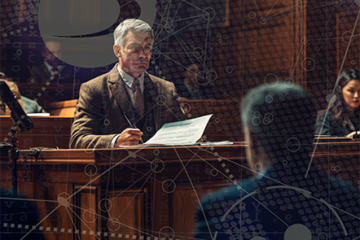Keys to Credible and Effective Testimony Preparation
Expert witnesses play a crucial role in many legal proceedings. They provide specialized knowledge to help judges and juries understand complex issues. However, even the most knowledgeable professional can falter on the stand without proper preparation. This article explores best practices for preparing expert witnesses, ethical considerations they must keep in mind, and common challenges they may face during testimony.
Proper Preparation and Research Methods
Thorough testimony preparation is essential for expert witnesses to deliver clear, credible testimony. Key steps include:
- Comprehensive Case Review: The expert should carefully study all relevant case materials, including pleadings, discovery documents, and other expert reports. These documents provide essential context for forming and supporting opinions.
- In-Depth Research: Experts must stay current on the latest developments in their field. They should conduct additional research specific to the case issues.
- Anticipating Cross-Examination: Attorneys should practice tough cross-examination questions with experts. This identifies potential weaknesses in their testimony. Therefore, this allows time to shore up any gaps in knowledge or logic.
- Refining Communication Skills: Experts should practice explaining complex concepts in simple terms. Judges and juries must understand these concepts. Visual aids can be helpful tools for conveying technical information.
- Reviewing Prior Testimony: Experts should re-familiarize themselves with any prior depositions or trial testimony. This ensures consistency in their statements.
Ethical Guidelines and Professional Standards
Expert witnesses are ethically obligated to provide honest, impartial testimony based on their expertise. Take the time for testimony preparation and look over the does and don’ts of ethical guidelines and professional behaviour. The following is a summary of some key ethical principles. For more detail, see: Legal Guide for Forensic Experts from the National Institute of Justice.
- Objectivity: Experts must form independent opinions based on facts and data, not advocacy for a particular side.
- Scope Limitation: Experts should only testify on matters within their area of expertise. It is important to clearly state the basis for opinions and avoid elaborating.
- Transparency: Experts must disclose all information considered in forming their opinions, including any limitations or uncertainties.
- Confidentiality: Experts are expected to maintain the confidentiality of the information supplied to them. Failing to do so could lead to ethical and legal issues.
- Professional Conduct: Experts should always behave respectfully and professionally, even under aggressive cross-examination.
Additionally, many experts are bound by ethical codes from their professional organizations (e.g., AMA, APA). Violating these codes could impact their credibility as witnesses.

Examples of Failures to Meet Ethical Guidelines
Contingency Fee Arrangements
Several cases have ruled that expert witnesses testifying on a contingency fee basis is unethical and can lead to exclusion of testimony or instructions to the jury about credibility concerns. For example:
Farmer v. Ramsay (159 F.Supp. 2d 873, D. Md. 2001)
A federal judge in Maryland ordered the exclusion of expert testimony due to a contingency fee arrangement.
J&J Snack Foods v. Earthgrains Co. (220 F. Supp.2d 358, D.N.J 2002)
A federal judge in New Jersey also excluded expert testimony because of a contingency fee agreement.
Conflicts of Interest
While not always leading to exclusion, conflicts of interest can damage an expert’s credibility. The search results mention that experts receiving confidential information from one party and then being engaged by an opposing party in another lawsuit can raise ethical concerns.
Addressing Common Challenges
Expert witnesses often face difficult situations that can test their composure and credibility. Common challenges include:
Aggressive Cross-Examination
Opposing counsel may use confrontational tactics to rattle experts. The key is to remain calm, listen carefully to questions, and respond truthfully without becoming defensive.
Questions Outside Expertise
Experts should clearly state when a question falls outside their area of knowledge rather than speculating. Prepare your response ahead of time.
Mischaracterization of Testimony
If an attorney misrepresents the expert’s statements, they should politely but firmly correct the record.
Technical Jargon
Experts must prepare to explain complex concepts in layperson’s terms without appearing condescending.
Impeachment Attempts
Opposing counsel may use prior statements or publications to undermine the expert’s credibility. Experts should review their previous work and prepare to explain any apparent inconsistencies.
Expert Witness Preparation and Performance Checklist
Proper Preparation and Research Methods
- Review all relevant case materials thoroughly.
- Conduct in-depth, case-specific research.
- Stay current on the latest developments in your field.
- Practice answering tough cross-examination questions.
- Refine communication skills for explaining complex concepts.
- Prepare visual aids if helpful.
- Review any prior testimony for consistency.
Ethical Guidelines and Professional Standards
- Maintain objectivity and independence in forming opinions.
- Limit testimony to your area of expertise.
- Clearly state the basis for your opinions.
- Disclose all information considered in forming opinions.
- Acknowledge any limitations or uncertainties in your analysis.
- Maintain confidentiality of case information.
- Avoid conflicts of interest.
- Behave respectfully and professionally at all times.
Addressing Common Challenges
- Prepare strategies for remaining calm during aggressive cross-examination.
- Practice identifying and responding to questions outside your expertise.
- Be ready to correct mischaracterizations of your testimony.
- Prepare to explain complex concepts in layperson’s terms.
- Review prior work to explain any apparent inconsistencies.
- Listen carefully to questions before responding.
- Respond truthfully without becoming defensive.
- Review and understand the applicable legal standards (e.g., Daubert criteria) for expert testimony in the relevant jurisdiction.
- Practice explaining complex concepts in simple terms that a jury can understand.
- Prepare visual aids or demonstrations to help illustrate key points and practice using any technology that will be utilized.
- Anticipate and prepare for potential cross-examination questions, including practicing with mock cross-examination sessions.
- Be mindful of demeanor, body language, and non-verbal cues when testifying.
- Review all materials thoroughly, including prior depositions or testimony, to ensure consistency.
- Understand the case theory and how your testimony fits into the overall narrative.
- Be prepared to explain the basis for your opinions and any limitations or uncertainties in your analysis.
- Practice maintaining composure and professionalism, even under aggressive questioning.
- Familiarize yourself with courtroom procedures and etiquette.
- Ensure all written communications and report drafts are carefully prepared, as they may be discoverable.
- Discuss potential conflicts of interest or disqualification issues with the retaining attorney beforehand.
- Prepare a clear, concise summary of your qualifications to establish credibility.
- Review and be prepared to explain any prior publications or statements that may seem inconsistent with your current testimony.
- Practice active listening to ensure you understand each question before answering.
Conclusion
Expert witnesses can maximize their effectiveness and credibility in legal proceedings by following these preparation methods, adhering to ethical standards, and professionally addressing common challenges.
Are you an Attorney?
We’re here to help! Let us connect you with qualified professionals who are available for depositions and testimonies. Our database includes over 15,000 experts with a wide range of specialties. Reach out today to fast-track your search for an expert witness.
Are you an expert?
Join a thriving community of over 15,000 experts at Expertinfo.com, where your knowledge is valued and your expertise makes a difference. With 40 years of experience in connecting experts like you with attorneys who need your specialized skills, we’re dedicated to facilitating successful collaborations. Don’t miss the opportunity to impact critical legal cases and expand your professional network. Reach out today and become part of our extensive database of leading experts. Your expertise isn’t just needed—it’s essential. Connect with us now and start making a difference!






